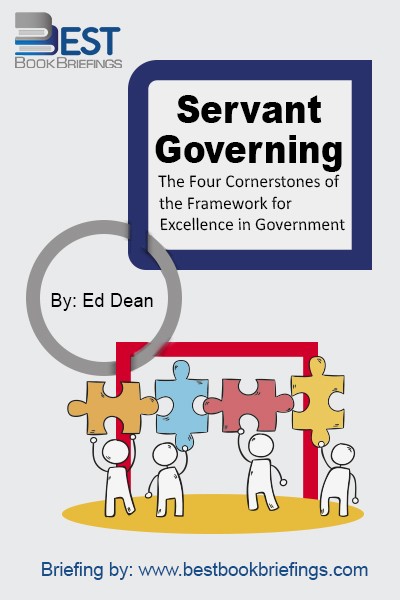Servant Governing
The Four Cornerstones of the Framework for Excellence in Government
Number of pages: 202
Publisher: CreateSpace Independent Publishing Platform
BBB Library: Politics and Public Affairs
ISBN: 978-1492210245
Editorial Review
At the Harvard University John F. Kennedy School of Government, students are taught to ask Question “Zero” when considering a new policy, issue or initiative. Question “Zero” is, “What are we trying to accomplish?” What, then, is Servant Governing written to accomplish? The simple answer is that there is a way to achieve excellence in government performance. Servant Governing suggests a new governance model which has application to federal, state, and local government operations.
Book Reviews
Books on Related Topics
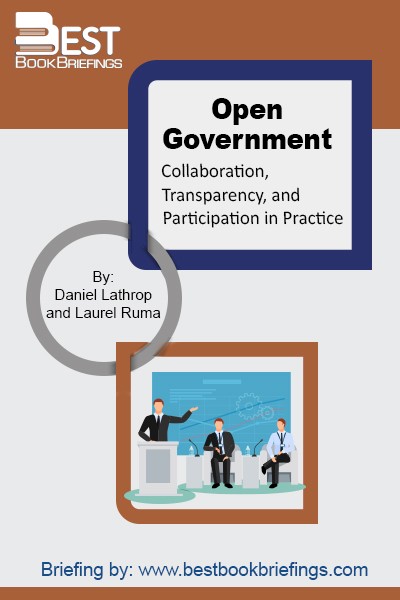
Open government is the notion that the people have the right to access the documents and proceedings of government. The idea that the public has a right to scrutinize and participate in government dates at least to the Enlightenment. Its principles are recognized in virtually every democratic country on the planet.
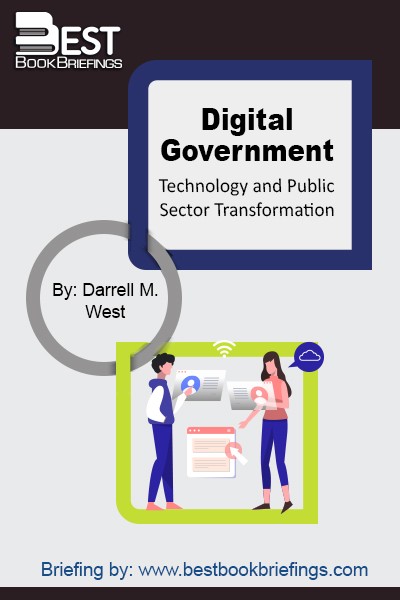
This book looks at the phenomenon of electronic government, that is, public sector use of the internet and other digital devices to deliver services, information, and democracy itself. Although personal computers have been around for several decades, recent advances in networking, video imaging, and graphics interfacing have allowed governments to develop
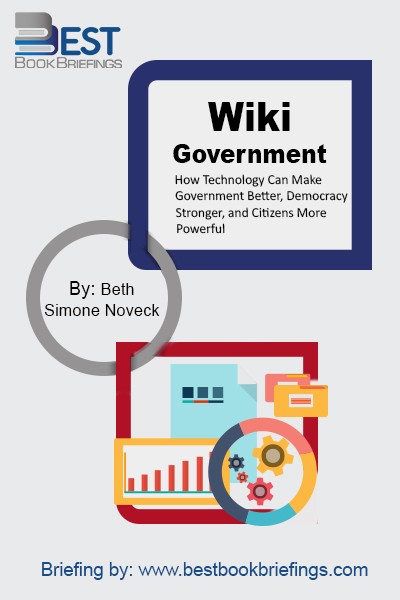
Collaborative democracy—government with the people—is a new vision of governance in the digital age. Wiki Government explains how to translate the vision into reality. Beth Simone Noveck draws on her experience in creating Peer-to-Patent, the federal government's first social networking initiative, to show how technology can connect the expertise of the many
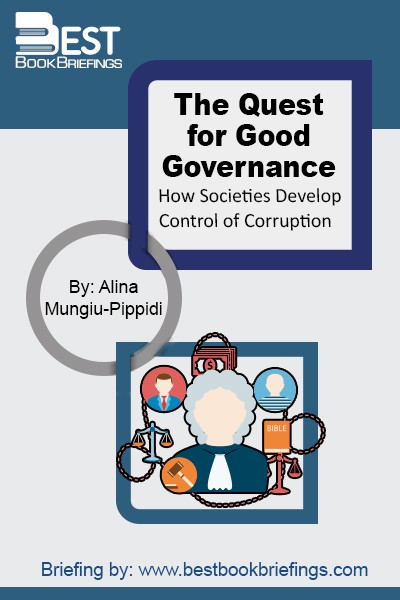
Why do some societies manage to control corruption so that it manifests itself only occasionally, while other societies remain systemically corrupt? This book is about how societies reach that point when integrity becomes the norm and corruption the exception in regard to how public affairs are run and public resources are

